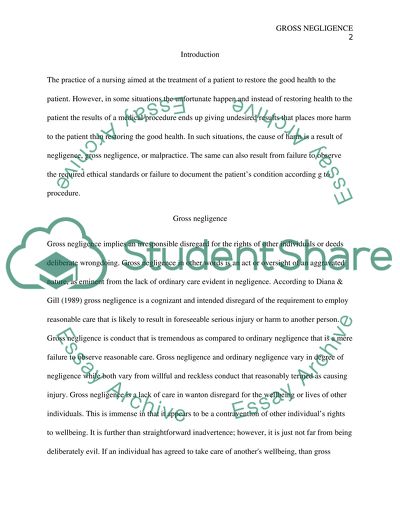Cite this document
(“Gross Negligence Personal Statement Example | Topics and Well Written Essays - 1500 words”, n.d.)
Retrieved de https://studentshare.org/nursing/1398708-negligence-paper
Retrieved de https://studentshare.org/nursing/1398708-negligence-paper
(Gross Negligence Personal Statement Example | Topics and Well Written Essays - 1500 Words)
https://studentshare.org/nursing/1398708-negligence-paper.
https://studentshare.org/nursing/1398708-negligence-paper.
“Gross Negligence Personal Statement Example | Topics and Well Written Essays - 1500 Words”, n.d. https://studentshare.org/nursing/1398708-negligence-paper.


